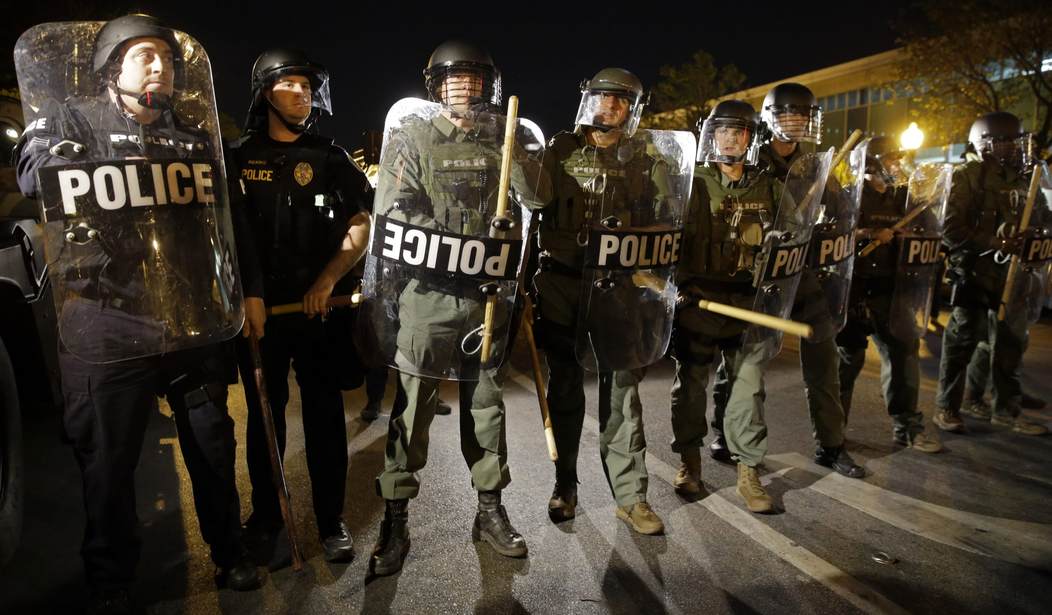WASHINGTON – Rep. Joaquin Castro (D-Texas) recently introduced legislation that would require states to submit quarterly reports to the Department of Justice detailing police incidents resulting in serious injury.
Currently there are data reporting mandates for police incidents resulting in deaths in police custody, but the new legislation would extend requirements to include serious injuries. It would apply to injuries to civilians, as well as law enforcement, with an emphasis on gunshot wounds.
“In Texas and other states across the nation, clashes between civilians and officers have led to strained community-law enforcement relations. The more information that’s collected about these incidents, the better equipped we’ll be to prevent them from happening again in the future,” Castro said in a statement recently.
The bill would require that police submit data on sex, race, ethnicity and mental disability for civilians, as well as details on use of force and use of firearms by both police and civilians. The attorney general would be directed to deliver an annual report to the public, as well as complete audits to ensure compliance.
Melissa Hamilton, a former Florida police officer and visiting criminal law scholar at the University of Houston Law Center, noted in a recent interview the trends for police departments reporting incidents involving deaths, an issue that has received increased attention thanks to high-profile cases involving persons of color dying at the hands of police officers. Hamilton said it might be difficult to convince police departments that the additional paperwork on injuries is worth the benefits the data delivers.
“It makes politicians and the public feel better about transparency, but it’s not a panacea because some of the states are going to say, ‘It’s not worth the money to us,’” she said. “What you’re doing is requiring even more reporting so police officers are kind of off the streets, or at least not fighting more crime because they’re taking a lot of time to write reports. So that is the balance. It’s not just irksome to the police officer. There could be a consequence to the public to the extent that we are tying officers up with the paperwork.”
There are also issues with consistency in defining use of force from state to state, she said, suggesting that the same incident could occur in two different cities but reports might vary significantly. It’s also unclear if the current attorney general has made use of the data provided on deaths in custody, she said.
“If the other end of it doesn’t do anything, then it’s kind of a black hole,” she said.
Rodney Diggs, an attorney with Los Angeles firm Ivie, McNeill, & Wyatt, is currently working a wrongful death case involving the El Cajon Police Department near San Diego and Alfred Olango, an African-American man who experienced a mental episode in 2016 and was shot and killed by police. The District Attorney’s Office has ruled that the police officer’s actions were justified. Diggs also is representing former Orange County Marathon winner Stephan Shay in an excessive use of force case against the Huntington Beach Police.
Diggs said wrongful death and excessive force have always been an issue, but social media and cell phone videos have brought it into greater focus.
“I think it’s been there, but now everyone has been made aware. What’s been in the darkness has come to the light,” he said. He called the legislation a step in the right direction, as more information from both sides will be helpful in such cases.








Join the conversation as a VIP Member